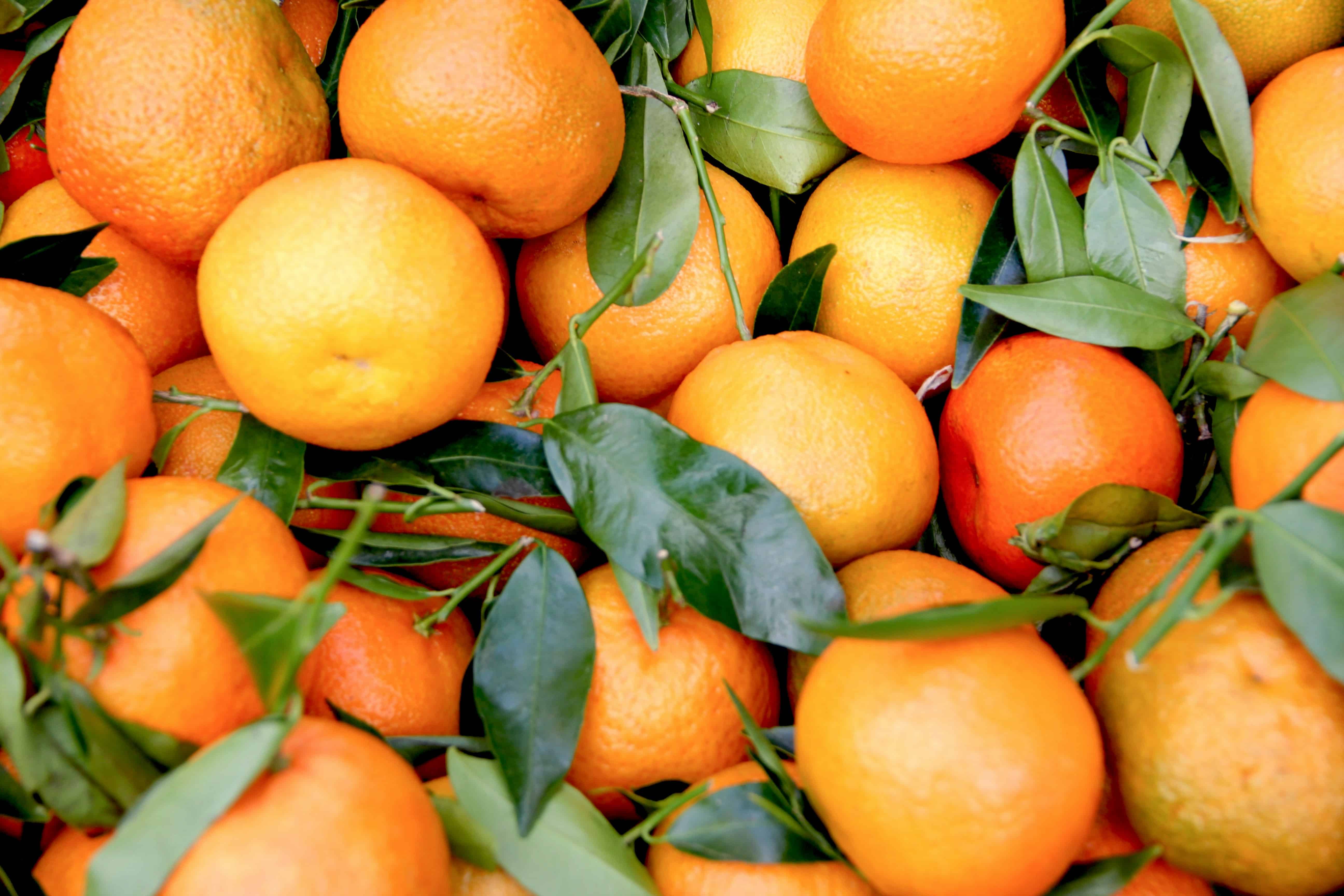Key Takeaways
- The Western Cape Department of Agriculture has provided R2 million to the Citrus Growers Association (CGA) to support the Sterile Insect Technique (SIT) program.
- The SIT program aims to suppress the False Codling Moth (FCM), a pest affecting export crops like citrus, table grapes, and stone fruit.
- SIT is an environmentally friendly method that reduces the reliance on pesticides and improves fruit quality.
- Despite its effectiveness, the SIT program faces high costs, threatening its long-term viability.
- The funding will help expand the program, potentially increasing coverage to over 40,000 hectares and creating approximately 50 jobs.
R2 Million Funding Boost for Western Cape’s Sterile Insect Technique Programme
The Western Cape Department of Agriculture has presented an R2 million cheque to the Citrus Growers Association (CGA) to support the Sterile Insect Technique (SIT) program aimed at suppressing the False Codling Moth (FCM). This phytosanitary pest affects export crops such as citrus, table grapes, and stone fruit.
Importance of the SIT Programme
The support from the provincial government represents a significant step in expanding the use of SIT, a groundbreaking method with immense potential to reduce pest pressure and ensure that South African agricultural products meet the strict standards required by international markets. Addressing FCM in the Western Cape will increase export earnings, particularly for the citrus industry, create jobs, and uplift rural communities. Additionally, SIT reduces the reliance on environmentally harmful pesticides and improves fruit quality.
How SIT Works
The SIT program uses advanced scientific techniques. Colonies of FCM are raised in specialized facilities, where male and female insects are sterilized using radiation from the isotope Cobalt-60. These sterilized insects are then released in large numbers. When sterile males mate with wild females, the resulting eggs do not hatch, leading to a significant decline in the pest population.
History and Expansion of SIT
The SIT program in Citrusdal began in 2005 through a collaboration with the United States Department of Agriculture and the International Atomic Energy Agency. The successes led to the founding of X Sterile Insect Technique (X-SIT), which now administers the program. Despite its potential, the SIT program faces high costs compared to cheaper but less sustainable alternatives, posing a threat to its long-term viability.
Currently, the program covers 20,400 hectares, with the potential to expand to over 40,000 hectares, given adequate funding. This expansion could create approximately 50 job opportunities. The CGA has emphasized the critical need for financial support to sustain and grow the SIT program, ensuring the continued production of export-quality, residue-free fruit.
Funding and Support
The SIT program is funded by citrus and table grape growers who use the service. The R2 million funding received from the Western Cape Department of Agriculture aims to alleviate some of the financial burdens on Western Cape growers and help ensure the continuation and expansion of this vital pest management strategy.
Dr. Ivan Meyer, Western Cape Minister of Agriculture, highlighted the importance of this funding, stating, “Our support for the SIT program underscores our commitment to a sustainable agricultural sector. This funding will help secure the future of our citrus industry, ensuring that it remains competitive in the global market while protecting our environment and creating jobs.”
Justin Chadwick, CEO of the CGA, expressed his gratitude for the funding, saying, “The generous support from the Western Cape Government is a significant boost for X-SIT and everybody involved. The CGA hopes this type of agricultural innovation will find widespread support, as developing new technologies, though essential, does not come cheaply.”
Photo by Graphic Node on Unsplash


